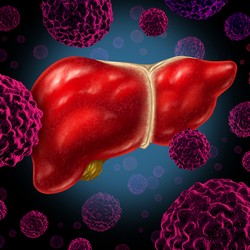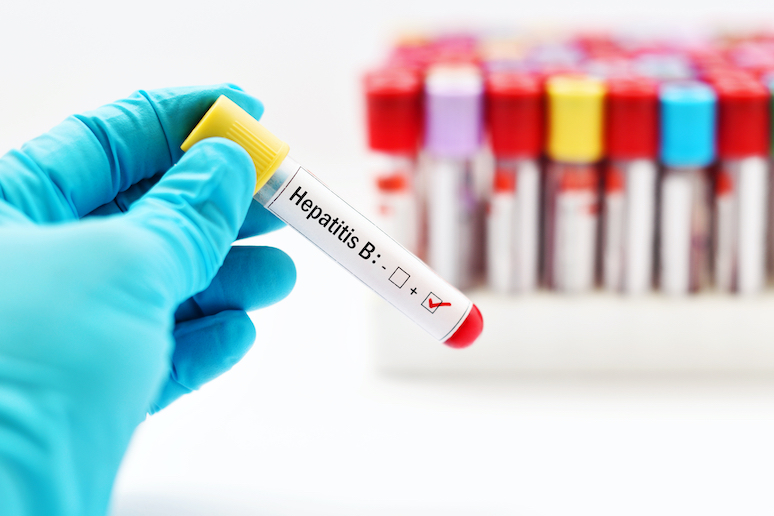Liver cancer treatment and exchange of knowledge
The EU-funded HEPTAG EXCHANGE(opens in new window) (Targeted delivery for liver cancer treatment) project was initiated to enable the development of innovative cancer therapies through researcher networking, information exchange and technology transfer. The major goals included transfer of advanced methods for the synthesis of pharmaceutical materials, targeted drug delivery, cancer cell imaging and treatment. Their exchange programme involved two European, one Chinese and one American partner. Over the course of the project, the consortium established a training programme for sustainable knowledge transfer and expertise integration. Most exchange participants were trained in the modular block training scheme. The training programme maximised the potential for future long term collaborations. Through the HEPTAG EXCHANGE project practice, the coordinating institutions became aware of the existing skill gaps and directed long term research collaboration towards better training programmes. Research efforts resulted in the development of novel polymeric pharmaceutical materials for parenteral and oral administration of targeted cancer therapeutics. The developed materials exploited the potential of nanoparticles with or without ligand conjugation. Particle sizes, surface charges, drug loading capacity, controlled drug release and IC50 of the drug forms were investigated during the project. The design of vehicle materials also introduced peptide moieties for dual delivery of genes and anticancer drugs. At the conclusion of this project, each partner acquired valuable knowledge, skills and expertise necessary for further innovations in cancer diagnosis and treatment. Such expertise will strengthen EU-Chinese collaboration and close the existing gap in cancer management.







